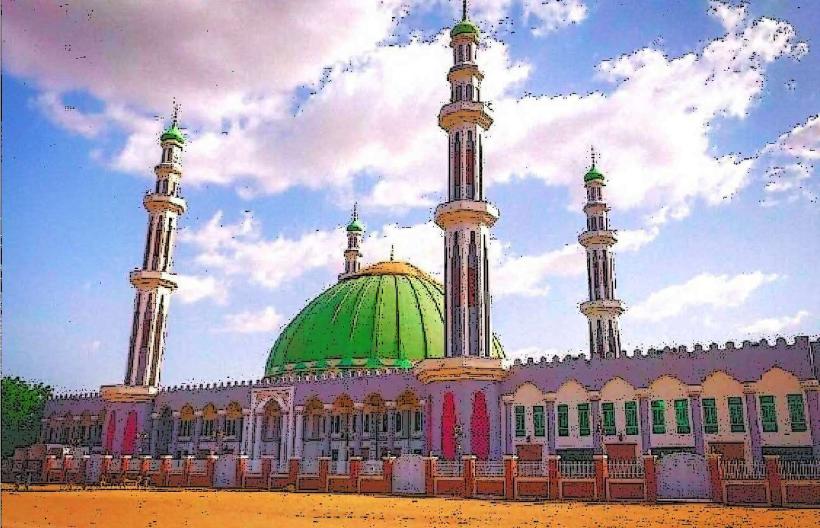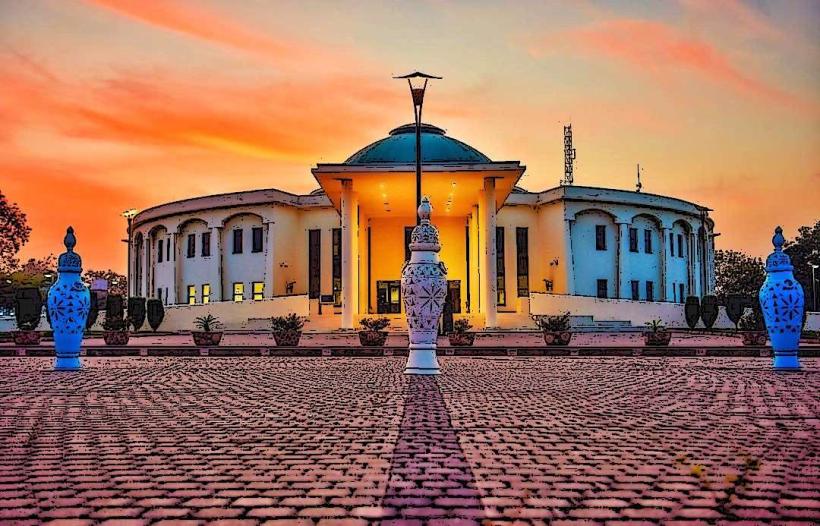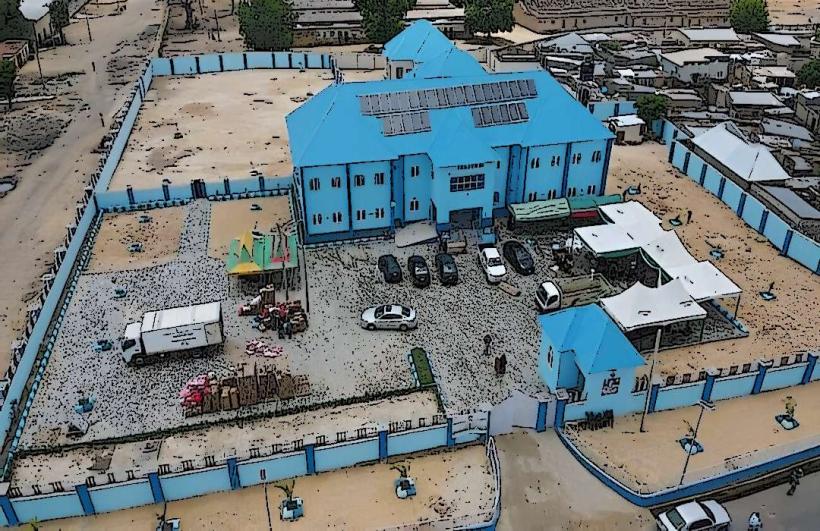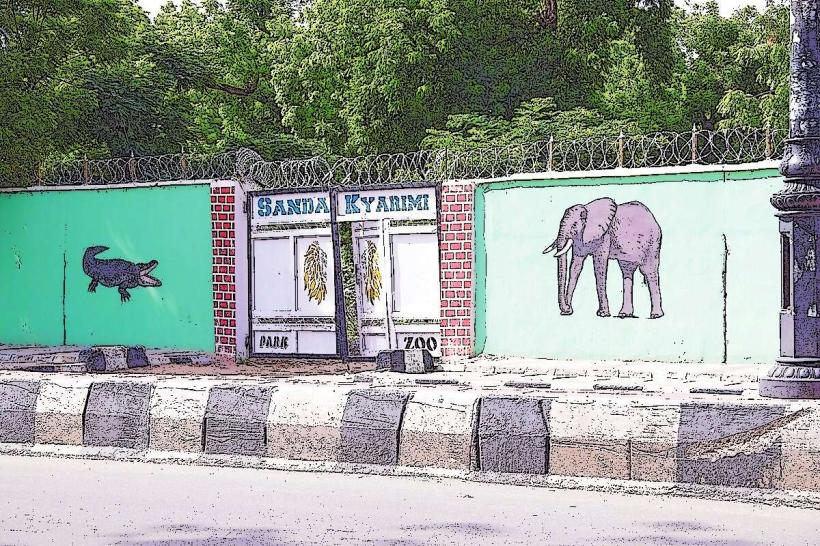Information
Landmark: Borno State MuseumCity: Maiduguri
Country: Nigeria
Continent: Africa
Borno State Museum, Maiduguri, Nigeria, Africa
The Borno State Museum, located in Maiduguri, the capital of Borno State in northeastern Nigeria, is a cultural institution dedicated to preserving, showcasing, and promoting the rich heritage of the Borno people and the wider Kanem-Bornu Empire legacy. The museum stands as one of the most important cultural landmarks in the state and offers a deep look into the region’s pre-colonial, Islamic, and colonial history.
Historical Background
The museum was established in the late 1970s as part of Nigeria’s broader effort to preserve regional heritage. Borno, being the seat of the ancient Kanem-Bornu Empire, has long been a center of Islamic scholarship, traditional rulership, and trans-Saharan trade. The museum was created to house the historical and ethnographic materials that reflect this influential past.
The Kanem-Bornu Empire was one of the oldest and most enduring empires in West Africa, with roots going back to the 9th century. Its legacy is reflected in the items preserved at the museum.
Architectural Setting
The museum is situated within the grounds of the State Open Theatre Complex in Maiduguri, allowing it to be part of a larger cultural and artistic hub. The building itself is modest, reflecting local architectural styles, and contains both open-air and enclosed galleries.
Key Exhibitions and Collections
1. Kanem-Bornu Artifacts
Traditional swords, spears, and shields used by Kanuri warriors.
Royal regalia of the Shehu of Borno, including ceremonial robes, turbans, staffs, and embroidered caps.
Portraits and historical documents relating to past rulers of the Kanem-Bornu Empire.
2. Islamic Manuscripts and Religious Heritage
Qur’anic scripts handwritten in Arabic and Ajami (Arabic script used for African languages).
Artifacts related to Islamic scholarship, prayer beads, and wooden slates (allo) used in Qur’anic schools.
3. Cultural Items from Ethnic Groups in Borno
The museum covers the cultures of various groups, including the Kanuri, Shuwa Arabs, Babur, Marghi, Fulani, and Hausa.
Items on display include traditional dress, leather goods, weaving tools, and cooking utensils.
4. Musical Instruments
Indigenous instruments such as the kalangu (talking drum), kakaki (long metal trumpet) used in royal ceremonies, and wooden xylophones.
These reflect the ceremonial and entertainment practices of Borno communities.
5. Craftsmanship and Household Artifacts
Beautifully designed leatherwork, calabash carvings, woven mats, and pottery.
These demonstrate the artistry and utility in Borno’s domestic life and economy.
Educational Role and Community Engagement
The museum serves as an important educational center:
Local schools and universities, such as the University of Maiduguri, often use it for history and cultural studies.
It supports research on topics like trans-Saharan trade, Islamic influence in West Africa, and traditional governance.
It hosts temporary exhibitions and may collaborate with cultural festivals to display traditional dances and attire.
Challenges
While the museum plays an important cultural role, it faces several constraints:
Security concerns due to the Boko Haram insurgency have, at times, limited access to Maiduguri and affected tourism.
Limited funding and lack of modern preservation equipment have impacted the quality and longevity of some artifacts.
Some exhibitions are static and in need of modern interpretive aids, including interactive displays or multilingual descriptions.
Visiting Information
Location: State Open Theatre, Maiduguri, Borno State, Nigeria.
Opening Hours: Typically Monday to Saturday, from 8:00 AM to 5:00 PM.
Entry Fee: Generally modest or symbolic, though exact fees can vary.
Guides: Local staff sometimes offer guided tours, depending on availability.
Cultural Significance
The Borno State Museum plays a vital role in safeguarding the Kanem-Bornu legacy and the diverse cultural expressions of northeastern Nigeria. It not only documents historical achievements but also preserves identity amid the ongoing challenges faced by the region. For anyone seeking to understand the depth of Borno’s history, its Islamic influence, and its role in West African civilization, this museum provides essential insights.





